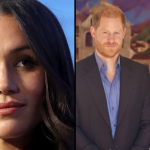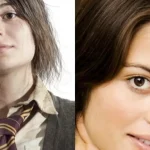Tim Burton has often found himself at the center of heated discussions. Despite receiving praise for his innovative approach to gothic cinema, he persistently faces criticism for the lack of diversity in his films.
Burton’s films, such as “Alice in Wonderland” (2010) and “Batman” (1989), have achieved significant box office success.
Nevertheless, his vividly imaginative worlds frequently feature a majority of white performers.
The forthcoming “Beetlejuice” sequel has ignited new controversy.
This critique focuses on Burton’s depiction of black characters, reigniting discussions about racial representation in his cinematic works.
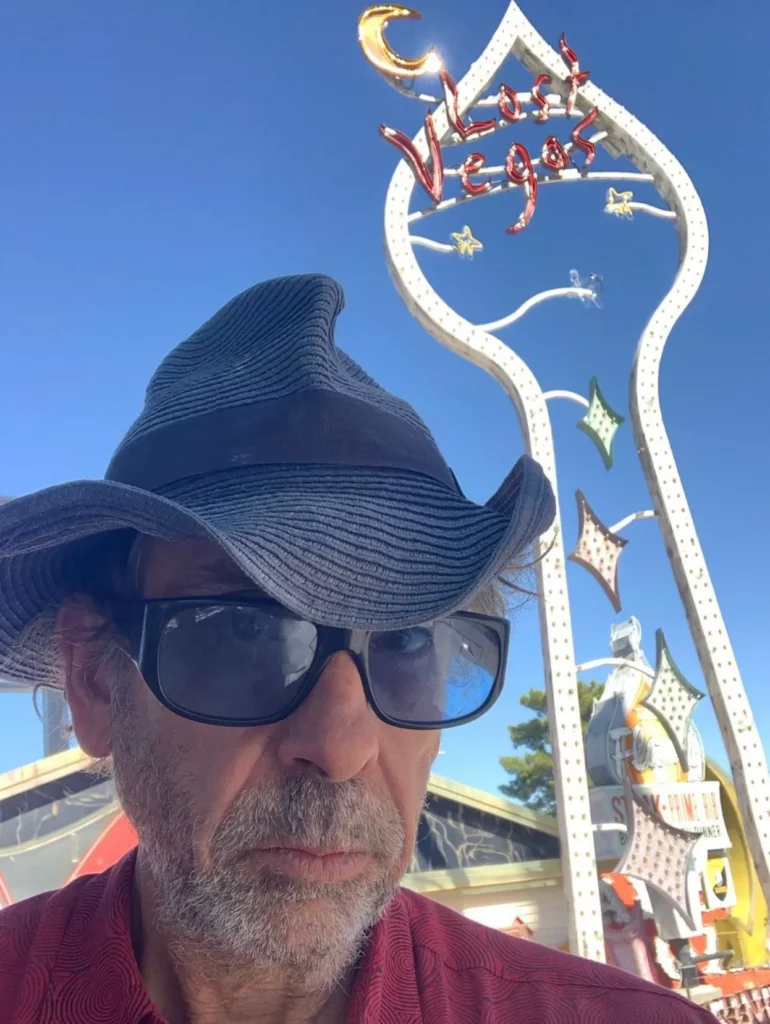
For many years, viewers have closely examined Burton’s choice to predominantly cast white actors.
His distinctive, abstract style frequently shows a lack of racial diversity, a trend observed by numerous individuals.
One of the initial debates centered around “The Nightmare Before Christmas” (1993). While Henry Selick took the helm as director, the film’s vision and production originated with Burton.
The character Oogie Boogie, brought to life by Black actor Ken Page, emerged as a central figure.
Screenwriter Caroline Thompson subsequently expressed worries regarding the character’s name.
Thompson clarified that “Oogie Boogie” is a term that carries negative connotations when directed at African Americans.
She implored those in charge of the film to alter the character’s name.
“I said: this is so ugly and dangerous,” Thompson shared on the “Script Apart” podcast. “It was a troubling part of the film for me, to be frank.”
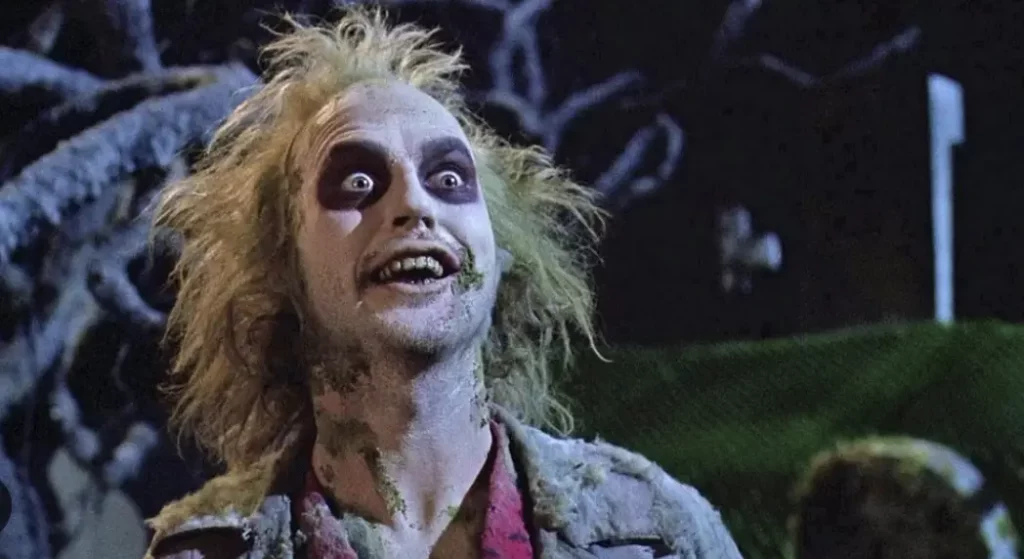
In spite of her appeals, the name stayed the same. Thompson’s concerns regarding Oogie Boogie continue to resonate in conversations about cultural awareness in Burton’s films.
In 2016, Burton selected Samuel L. Jackson for a role in “Miss Peregrine’s Home for Peculiar Children”.
Jackson portrayed the antagonist Barron, marking a significant milestone as the first Black actor to take on a major role in a Burton film.
When questioned about the casting choices and the absence of diversity, Jackson’s reply was thoughtful.
He recognized that he could have been the first notable Black actor featured in a Burton film.
“I don’t think it’s any fault of his,” Jackson told Bustle. “It happens the way it happens. Tim’s a really great guy.”
Even with Jackson’s unbiased position, the backlash regarding Burton’s casting decisions has come back into focus.
The launch of Netflix’s “Wednesday” series has once again highlighted the issue at hand.
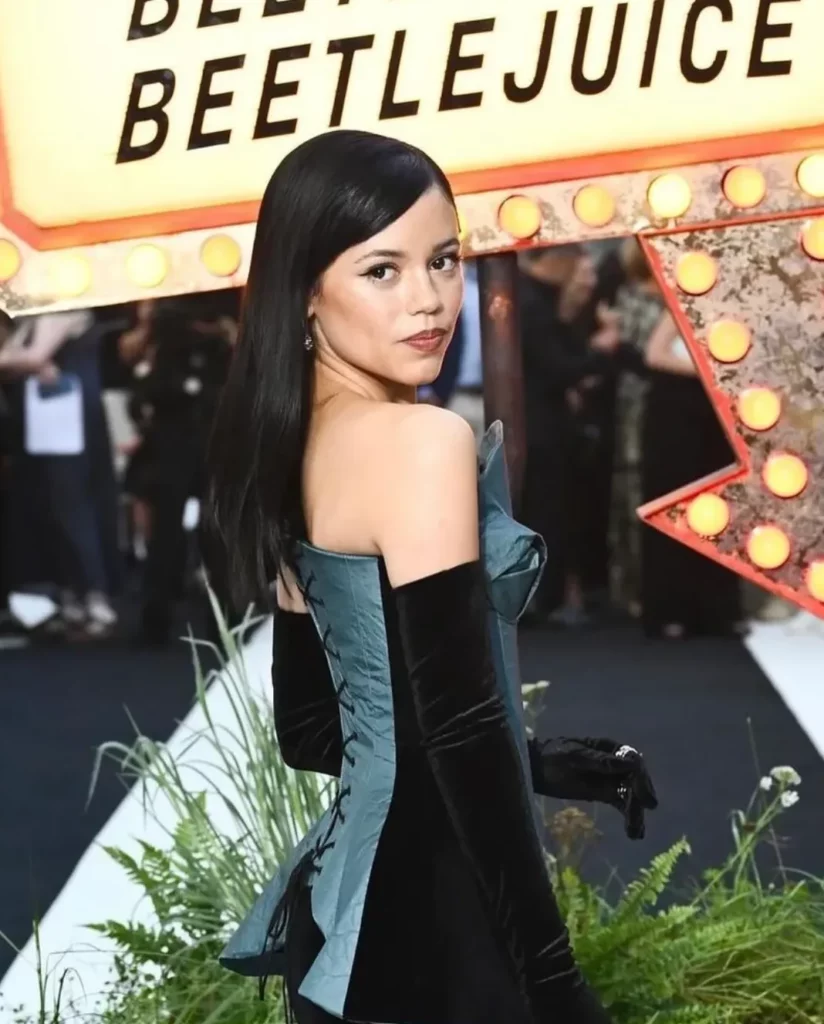
The production, with Burton’s involvement, faced backlash regarding its depiction of black characters. Joy Sunday’s Bianca Barclay and Iman Marson’s Lucas Walker emerged as notable adversaries.
Social media swiftly responded, as fans flocked to X, previously known as Twitter. “Why are all the Black characters in “Wednesday” antagonists?” one viewer questioned.
A fan voiced their dissatisfaction with the portrayal of Black characters on the show. “I’m loving the new “Wednesday” series, but why are all the Black actors lit so terribly?” they asked.
As the “Beetlejuice” sequel approaches, Burton is facing similar scrutiny. Jenna Ortega’s portrayal of Astrid Deetz has sparked new debates.
In this captivating scene, Deetz finds herself facing judgment as she embarks on her journey to the afterlife aboard the ‘Soul Train’.
The mention of the legendary “Soul Train” TV show sparked a reaction among some viewers.
Many people shared this sentiment, which one TikTok user summed up as “This whole scene felt like Tim Burton saying ‘Here, damn!'” They claimed that the inclusion lacked sincerity.
“Soul Train”, which premiered in 1970, served as a revolutionary stage for Black artists. It honored Black culture at the peak of the Black Power movement.
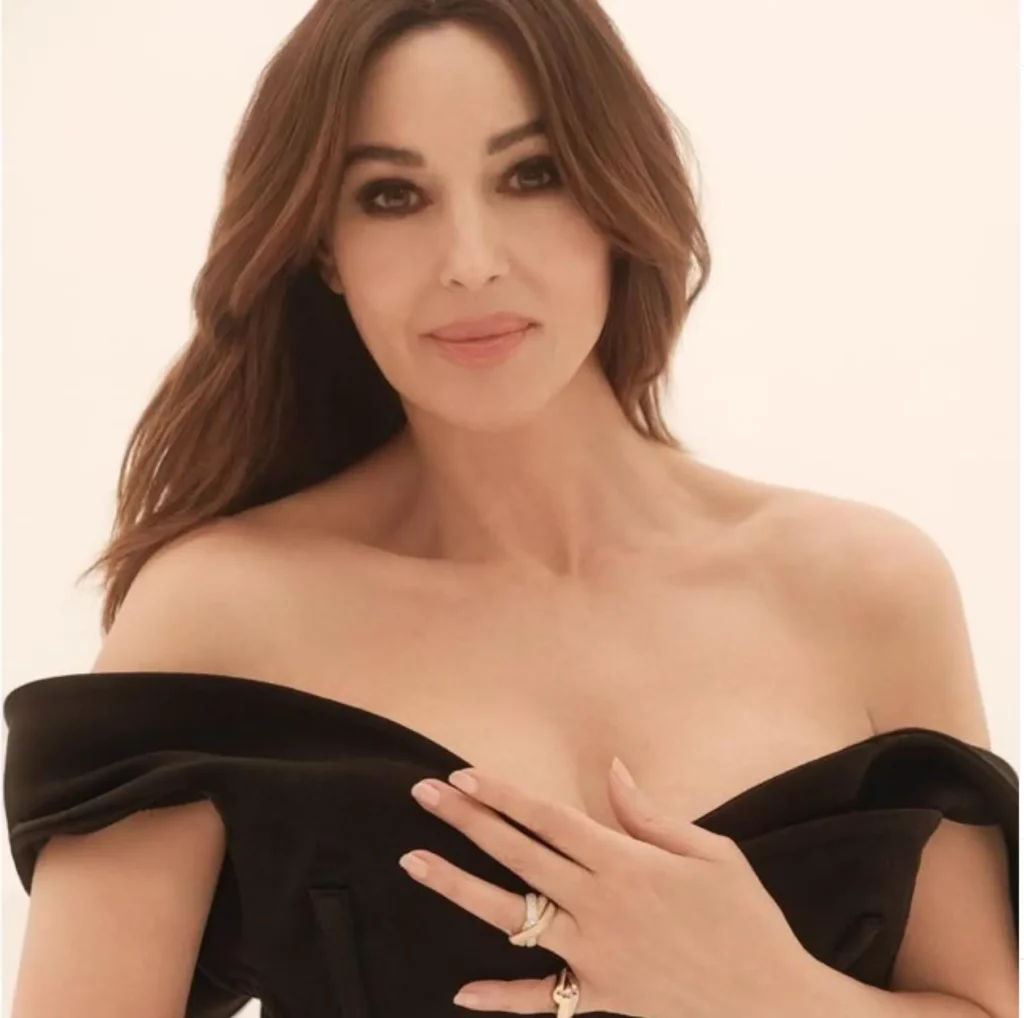
Some believed that adding the scene was a superficial effort to tackle Burton’s diversity concerns. In light of past events, observers perceived the sequence as contrived and lacking cohesion.
Some individuals, on the other hand, supported the scene as a heartfelt tribute to Black culture. “I actually felt a piece of amazing Black culture come from the ‘Soul Train’ scene,” one viewer said.
One individual referred to the backlash as excessive, asserting, “It’s literally an innocent scene.” I thought this was one of the best scenes.”
In the midst of the ongoing discussion, previous remarks from Burton regarding inclusivity have come back into focus. In a prior conversation with Bustle, Burton shared his views on casting decisions.
He recognized the ongoing discussions about media representation. “Nowadays, people are talking about it more,” he said.
Burton recalled his childhood experiences with television shows like “The Brady Bunch”. He expressed disapproval of their efforts to be inclusive by incorporating a wider range of characters.
“I used to get more offended by that,” Burton said. He shared his appreciation for blaxploitation films, emphasizing that he didn’t feel the necessity for additional white actors.
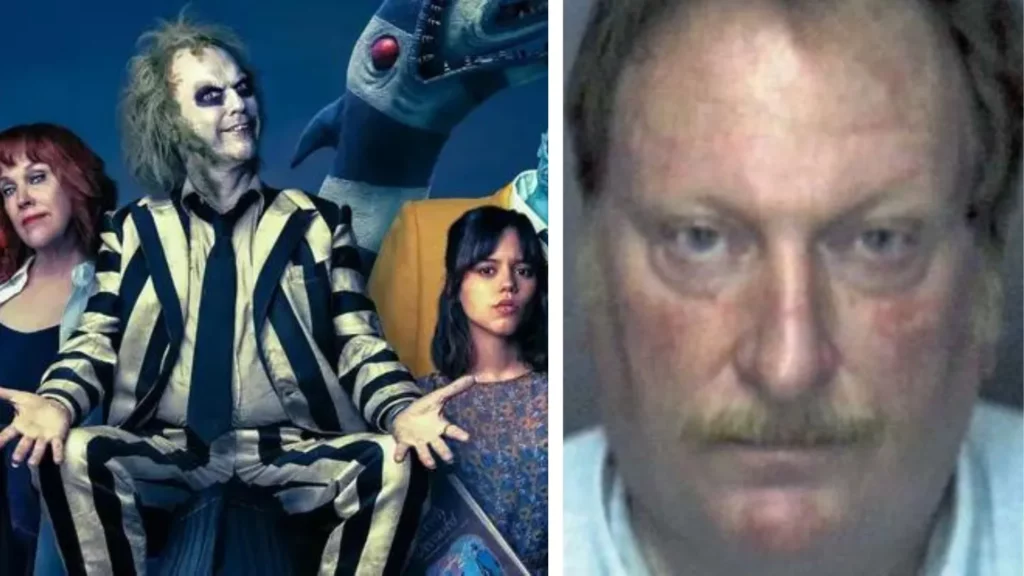
For some, Burton’s remarks underscore his dedication to his creative vision. For some, they highlight worries regarding his insufficient commitment to racial inclusion.
As Hollywood evolves, Tim Burton’s films are pivotal in conversations surrounding diversity. His creative brilliance is clear, yet the scrutiny regarding his casting choices is equally apparent.
We expect the discussion to continue as the “Beetlejuice” sequel approaches. Regardless of whether Burton’s depiction of race shifts or stays the same, his work will undoubtedly ignite discussion.
Tim Burton’s distinctive film universes have enchanted viewers for many years. Nonetheless, the director’s legacy continues to be a focal point in current conversations surrounding representation.
As the entertainment industry grapples with these concerns, Burton’s future productions will almost certainly undergo similar criticism. His work remains a focal point in the debate over race and cinema, for better or worse
Feature Image Credit: (Warner Bros. Pictures) (Instagram/@timburton) (Instagram/ @jennaortega)


